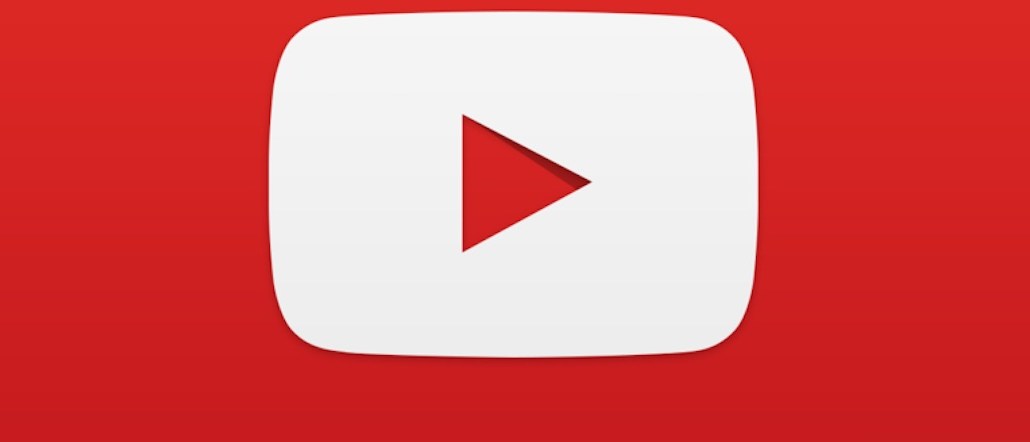Secure your place at the Digiday Media Buying Summit in Nashville, March 2-4

With a change in YouTube’s content moderation system, a tussle has broken out between the platform and a faction of its creators.
Controversy erupted last Wednesday, when YouTube creator Philip DeFranco — with 4.5 million subscribers on his channel — uploaded a video titled “YouTube Is Shutting Down My Channel and I’m Not Sure What To Do” in which he claimed flagged about 40 of his videos, citing some of his language and the topics he covers are “not advertiser friendly.” He went on to describe the system as “censorship with a different name.”
YouTube responded that it had not updated any policies regarding which videos are ad-ready and which are not. It has merely changed the communication around it, sending creators a notice when they mark a video as unfriendly for advertisers. The platform also instituted a new appeals process. Still, the hashtag #YouTubeIsOver was trending on Twitter last week.
Digiday caught up with some members of the influencer community for their reactions on the controversy:
Claudia Oshry: Instagram, YouTube and Snapchat
“I don’t think this is ‘censorship.’ You technically still can do and say whatever you want, you just can’t make money off of it now. I understand some brand’s concerns when it comes to vulgar content and not wanting to align themselves with those values. It’s an interesting dichotomy because the Internet is a safe space to do and say whatever you want, but when you monetize you become a representative for that brand. You have to respect their wants and needs.”
Jessica Franklin: Instagram and YouTube
“I understand the reasoning behind YouTube wanting to crack down on content and make sure everything is advertiser-friendly. However, I think the move comes at the expense of the users. I haven’t had anything flagged yet, but moving forward I feel like I’ll second-guess some of the content I’m putting out. These videos take a lot of time and effort to create and to have them taken down would be a big disappointment to me and my fans. I think the process should be closely monitored by the YouTube team to ensure there are real concerns before flagging a video and risk damaging the relationship with an influencer.”
Evan Garber: Snapchat
“A lot of videos, whether from user-generated or others like music videos and movie trailers, contain sensitive or inappropriate content. So if they are going to have these rules, they need to be equal for everyone. There should be no caveat to these rules, in that videos containing inappropriate content may still be eligible for monetization depending on the context. Whether it is a creator or anyone else, the same rules should apply. Everybody needs to be treated on an even playing field.”
Deepica Mutyala: YouTube
“I cover beauty, but if I were to talk about politics, which I am passionate about, I probably would be hesitant. The whole idea of the platform is to speak freely and be who you are. From that regard, it is weird, because does it mean that they are they going to continue to regulate things even more from this point? Having said that, I used to be on the brand side, so I also understand that as advertisers you want to make sure your that brand is being reflected in a certain way. But it seems to be against the spirit of YouTube.”
Jackie Oshry: Instagram and Snapchat
“Calling this ‘censorship’ is extremely dramatic. Censorship is a strong word to throw around and in this situation, I don’t think that’s what’s happening. YouTube isn’t censoring people from saying what they want to say. They’re just not going to pay you to say it anymore. While their motives for this are questionable, they are well within their rights to do so and creators have known this all along. At the end of the day, this comes down to the advertisers and they are not obligated to spend money on creators that they don’t want to align themselves with.
More in Marketing

Thrive Market’s Amina Pasha believes brands that focus on trust will win in an AI-first world
Amina Pasha, CMO at Thrive Market, believes building trust can help brands differentiate themselves.

Despite flight to fame, celeb talent isn’t as sure a bet as CMOs think
Brands are leaning more heavily on celebrity talent in advertising. Marketers see guaranteed wins in working with big names, but there are hidden risks.

With AI backlash building, marketers reconsider their approach
With AI hype giving way to skepticism, advertisers are reassessing how the technology fits into their workflows and brand positioning.





